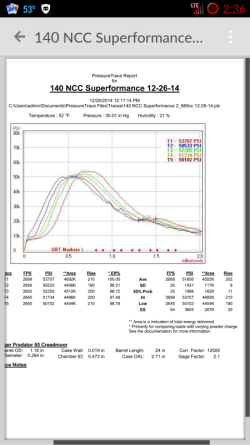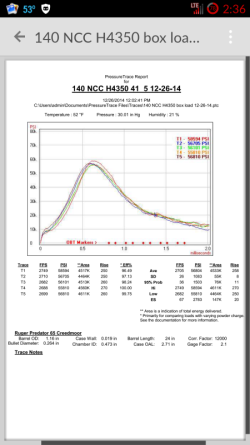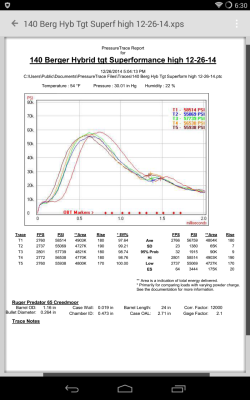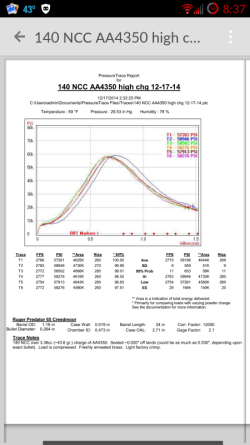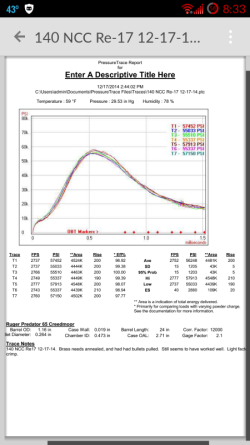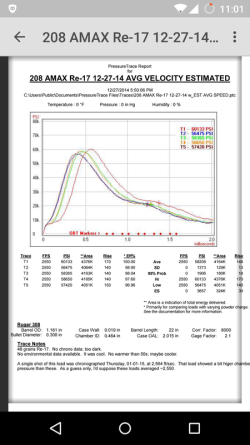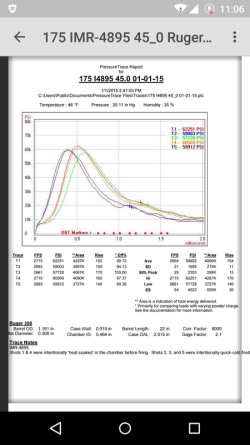memtb
Well-Known Member
I don't live in a vacuum. I hunt and shoot in reality
I have done this for years and have no issues with my set up and my system.
Single digit SDs. Great Accuracy. Great results.
Didn't really need coaching. was more sharing my experience.
Sir, we all made mistakes in life…….some of us even admit those mistakes and learn from them! Thankfully most of us choose not to repeat our mistakes by altering our procedures!
I've made many, thankfully I was blessed with the opportunity to correct them! In those rare occasions…..you may not get a second chance!
Continue on as you see fit! memtb

